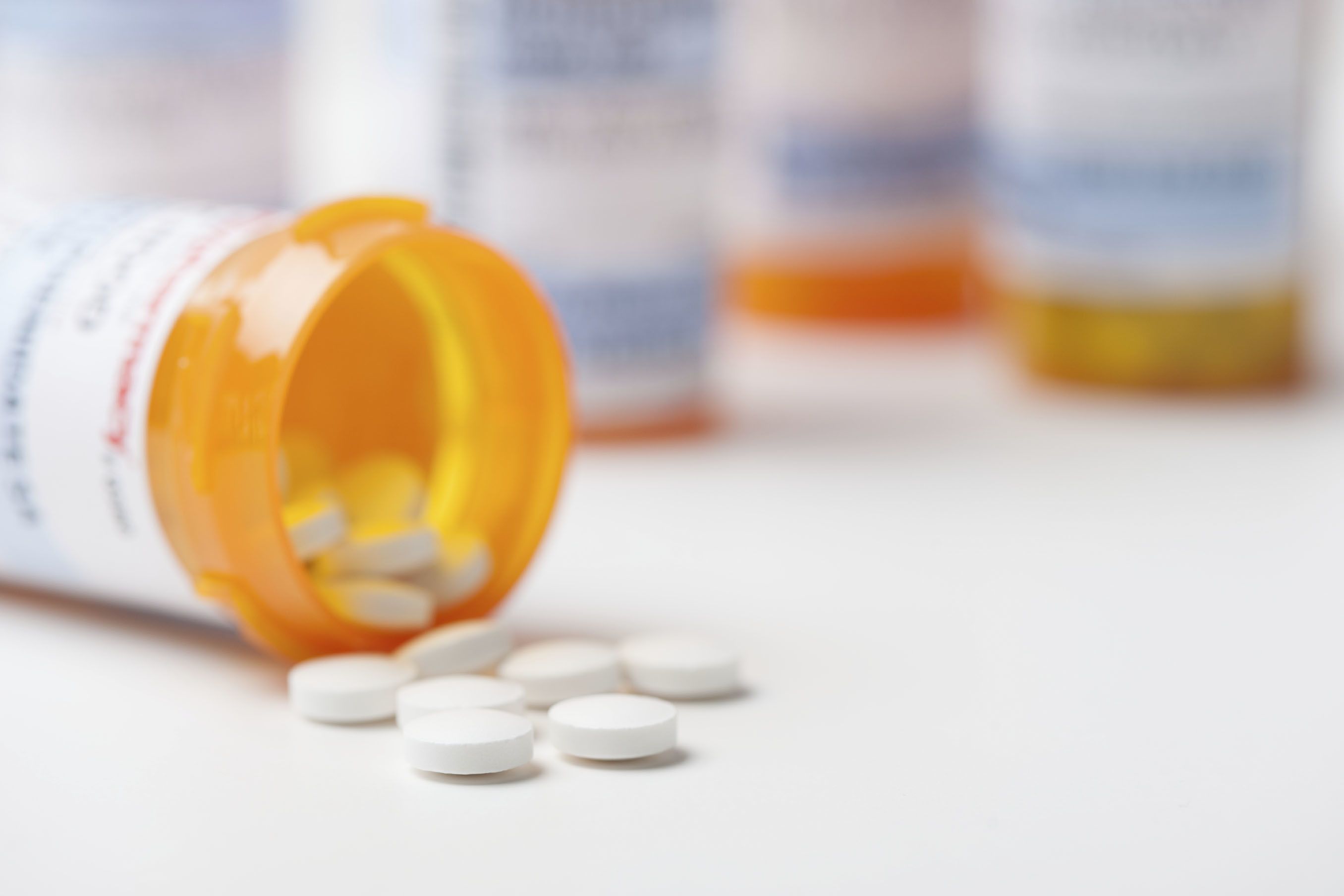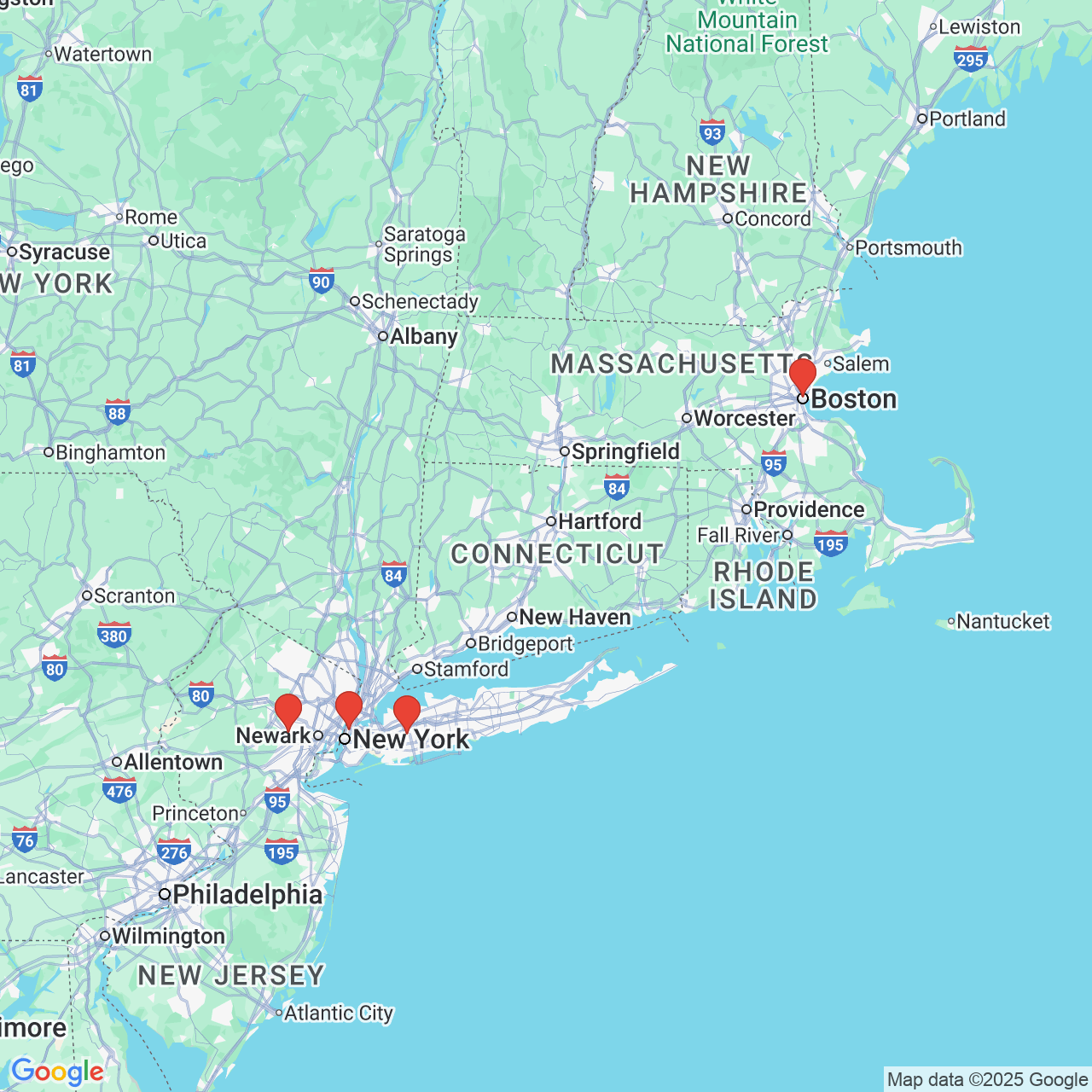Hair Loss Medication Side Effects
 At True & Dorin Medical Group, we offer patients the latest in hair restoration surgery and various non-surgical hair loss treatment options. Over the years, Dr. Robert H. True and Dr. Robert J. Dorin have helped countless women overcome issues with male hair loss and female hair thinning.
At True & Dorin Medical Group, we offer patients the latest in hair restoration surgery and various non-surgical hair loss treatment options. Over the years, Dr. Robert H. True and Dr. Robert J. Dorin have helped countless women overcome issues with male hair loss and female hair thinning.
While hair transplant surgery continues to be extremely popular at our New York hair restoration center, numerous patients have questions about the medications minoxidil and finasteride, available under the brand names Rogaine® and Propecia®, respectively. Let’s cover the basics of these hair loss drugs and discuss the various side effects patients may experience.
About Minoxidil (Rogaine)
Minoxidil is a topical hair loss drug that serves as a vasodilator. When applied to the scalp, it widens blood vessels and increases blood flow to different parts of the scalp. This promotes more oxygen and nutrient flow to the hair follicles, which in turn helps potentially promote hair regrowth.
Common Side Effects of Rogaine
Some of the most common side effects of Rogaine include:
- Scalp irritation at application area
- Rash around the application area
- Mild burning sensation
These common side effects are a normal part of using Rogaine to treat hair loss. They will go away on their own and are generally easy to tolerate.
Less common side effects of Rogaine use include:
- Acne on the scalp
- Growth of facial hair
- Swelling of the face
- Scalp inflammation around the roots
- Temporary increase in hair loss
Serious Side Effects of Rogaine
If minoxidil is overused or absorbed into the system, serious side effects may occur. This includes:
- Dizziness
- Lightheadedness
- Headaches
- Blurry vision
- Swelling of the face, hands, and feet
- Numbness in the face, hands, and feet
- Chest pain
- Irregular heartbeat
- Rapid weight gain
If you experience any of these serious side effects, seek medical attention right away.
About Finasteride (Propecia, Finpecia)
Finasteride is another popular hair loss medication we get many questions about at our New York hair restoration center. Finasteride is a 5α-reductase inhibitor. The oral medication stops hair loss by preventing testosterone from converting into dihydrotestosterone (DHT), an androgenic hormone that damages hair follicles.
Common Side Effects of Propecia
Some of the most common side effects of Propecia include:
- Skin rash
- Redness of the face
- Dizziness
- Lightheadeness
- Chills
- Itchiness
- Runny nose
In addition to the above, some patients report sexual side effects related to finasteride use. This includes:
- Loss of libido
- Erectile dysfunction
- Difficulty achieving orgasm
- Abnormal ejaculation
These sexual side effects only occurred in less than 2 percent of men in clinical trials. If you do develop sexual side effects, they may clear up on their own when you stop taking the drug.
Serious Side Effects of Propecia
Complications from finasteride use may occur, leading to serious side effects. These may include:
- Faint-headed sensations
- Breast enlargement
- Breast tenderness
- Swelling of the face, hands, and legs
- Rapid weight gain
- Abdominal pain
- Back pain
If you experience any of the serious side effects listed above, be sure to speak with your doctor right away.
Learn More About Hair Restoration
For more information about non-surgical hair restoration treatments and your many options for stopping hair loss and restoring your hairline, be sure to contact our skilled hair transplant surgeons. True & Dorin Medical Group is here to help. You can reach our New York location by phone at (212) 826-2525.


